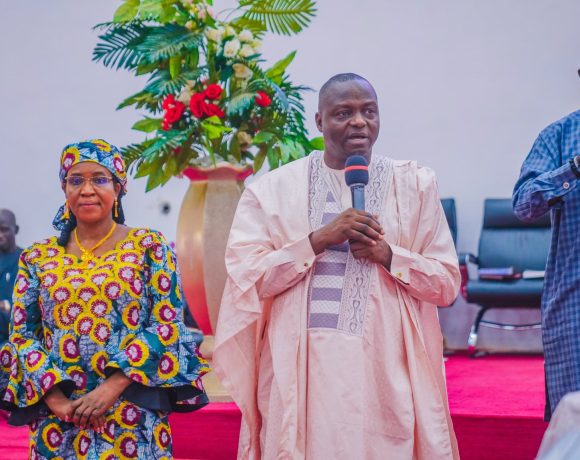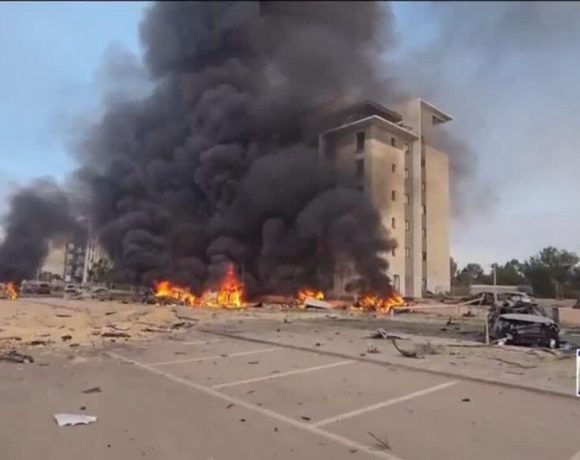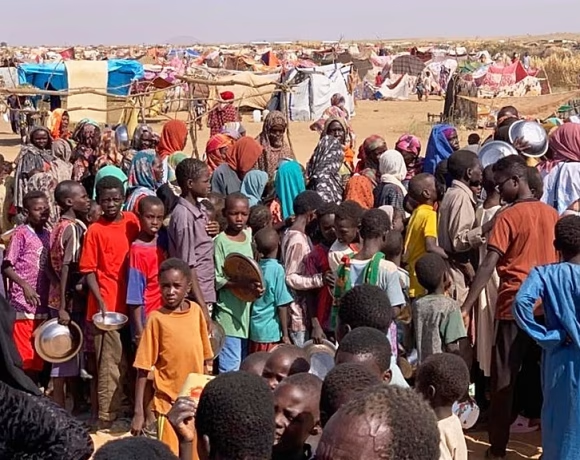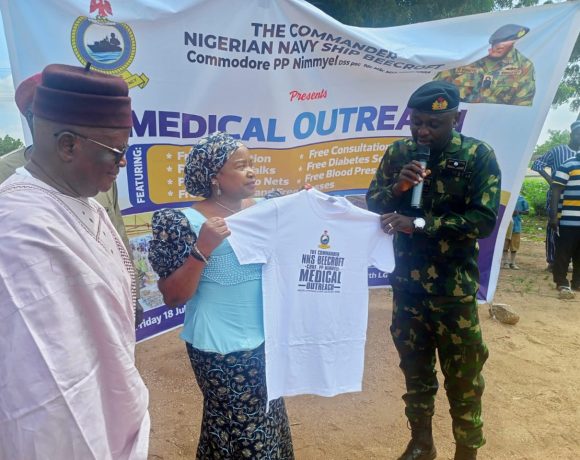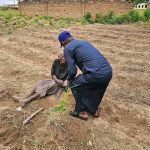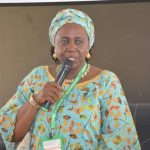Nigeria’s poverty crisis threatens the future of millions
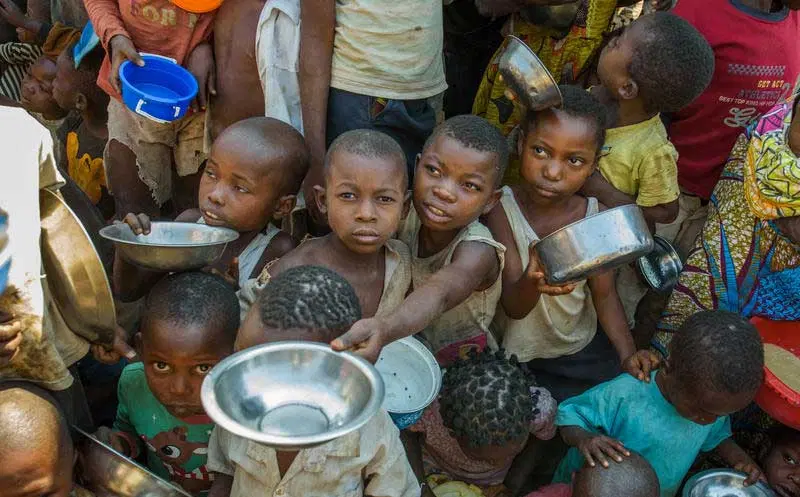
Nigeria
Feature
More than 133 million Nigerians—nearly 63 percent of the population—are trapped in multidimensional poverty, according to the latest data from Nigeria’s National Bureau of Statistics.
This staggering figure reflects widespread deprivation in health, education, living standards, access to clean water, sanitation, and secure livelihoods. For a nation rich in resources and home to Africa’s largest population, this dire state exposes a catastrophic failure of governance and policy that threatens the very fabric of society.
The crisis is especially severe in rural Nigeria, where poverty engulfs 75 percent of residents, compared to 41 percent in urban centers. Northern states like Sokoto, Bauchi, and Borno suffer some of the worst poverty rates, with Sokoto approaching a shocking 90 percent.
Insecurity fueled by armed herders’ attacks, boko Haram insurgency, armed bandits, herder-farmer conflicts, and widespread kidnappings has shattered communities, forcing millions into displacement and grinding destitution. Children in these regions face a bleak future: nearly 90 percent of them are caught in poverty, denied access to nutrition, vaccines, and schooling essential for survival and growth.
This multidimensional poverty means Nigerians endure overlapping hardships: hunger, inadequate healthcare, lack of education, and insecure shelter. The 2022 Multidimensional Poverty Index survey, covering over 56,000 households, found that Nigerians suffer on average more than a quarter of all possible deprivations at once. Inflation and economic mismanagement have worsened the situation, pushing millions deeper into hunger and insecurity.
President Bola Tinubu’s “Renewed Hope Agenda” promised to tackle these challenges through social safety nets, youth employment programs, and increased security efforts. Yet, these pledges ring hollow for most Nigerians. Poor funding, corruption, bureaucratic inertia, and ongoing violence keep basic services out of reach in many areas. A displaced mother from Benue currently living in an Internally Displaced People’s (IDPs) camp recounts, “There is no school for my children, no clinic nearby, and food is scarce.” For millions, government action remains a distant hope amid immediate suffering.
The economic situation is deteriorating. Since 2023, over 42 million Nigerians have slipped into poverty due to inflation, subsidy removals, and currency devaluation. Rural farming communities, dependent on agriculture, confront climate change, conflict, and economic hardship that threaten their very existence.
While grassroots groups work tirelessly delivering healthcare, peacebuilding, and microloans to vulnerable communities, they cannot compensate for failed state policies. What Nigeria urgently needs is uncompromising political will to overhaul its approach to poverty and insecurity. This means decisive investments in quality education, healthcare, social protection, infrastructure, and sustained peacebuilding.
Every day without meaningful action condemns more Nigerians to hunger, disease, illiteracy, and lost futures. With inflation still above 24 percent and vital services failing millions, the government’s failure to act ruthlessly and transparently risks turning Nigerian poverty into an irreversible humanitarian disaster.
Behind every statistic is a human life—children denied schooling, mothers struggling to feed their families, communities shattered by violence. Nigeria’s poverty crisis is no longer a distant problem; it is an urgent emergency demanding bold, immediate, and accountable leadership before countless more lives are lost to neglect and despair. The future of Nigeria depends on it.


